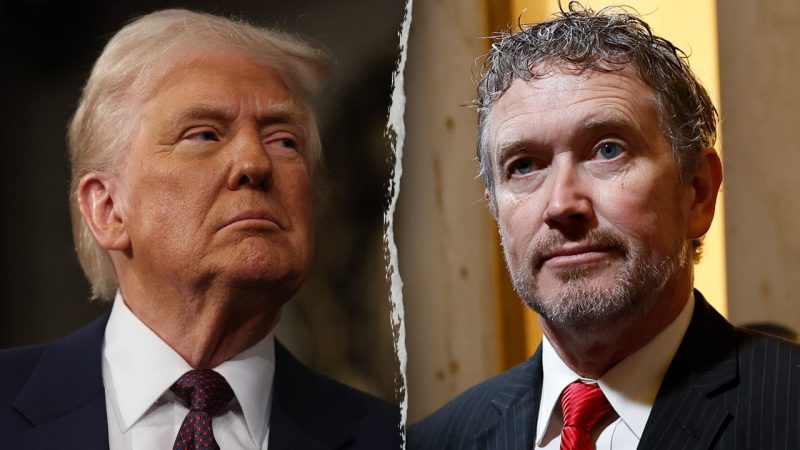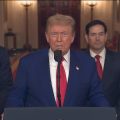
The aftermath of President Trump’s military action against Iran has ignited a fierce political battle, with Congress invoking the War Powers Resolution to challenge the legality and necessity of the strikes. This move marks a significant escalation of tensions between the executive and legislative branches, raising fundamental questions about the balance of power in matters of war and peace.
Representative Ro Khanna (D-Calif.) and Representative Thomas Massie (R-Ky.), key sponsors of the resolution, were quick to condemn the President’s actions, arguing that they were unconstitutional and undertaken without proper Congressional authorization. Their criticisms highlight a growing bipartisan concern over the lack of transparency and consultation surrounding the decision to launch the attacks. The resolution aims to formally limit the President’s power to engage in military conflict without explicit approval from Congress, a cornerstone of American democracy.
The debate surrounding the War Powers Resolution underscores the deep divisions within the American political landscape regarding foreign policy. Supporters of the resolution argue it is a crucial check on executive overreach, preventing the President from unilaterally committing the nation to war. Opponents, however, contend that such a resolution could hamper the President’s ability to respond swiftly and decisively to national security threats. The ensuing debate promises to be intense, with significant implications for the future of American foreign policy and the relationship between the executive and legislative branches.
This clash between the President and Congress also brings into sharp focus the complexities of international relations and the challenges of navigating the ever-shifting geopolitical landscape. The situation in Iran, already volatile, is further complicated by this domestic political struggle. The coming days and weeks will be critical in determining the outcome of this power struggle and its impact on the ongoing conflict in the Middle East.
The success of the War Powers Resolution remains uncertain. However, its introduction signals a significant challenge to the President’s authority and a renewed focus on the constitutionally mandated role of Congress in matters of war and peace. This event serves as a stark reminder of the ongoing tension between executive power and legislative oversight, particularly in times of international crisis.










